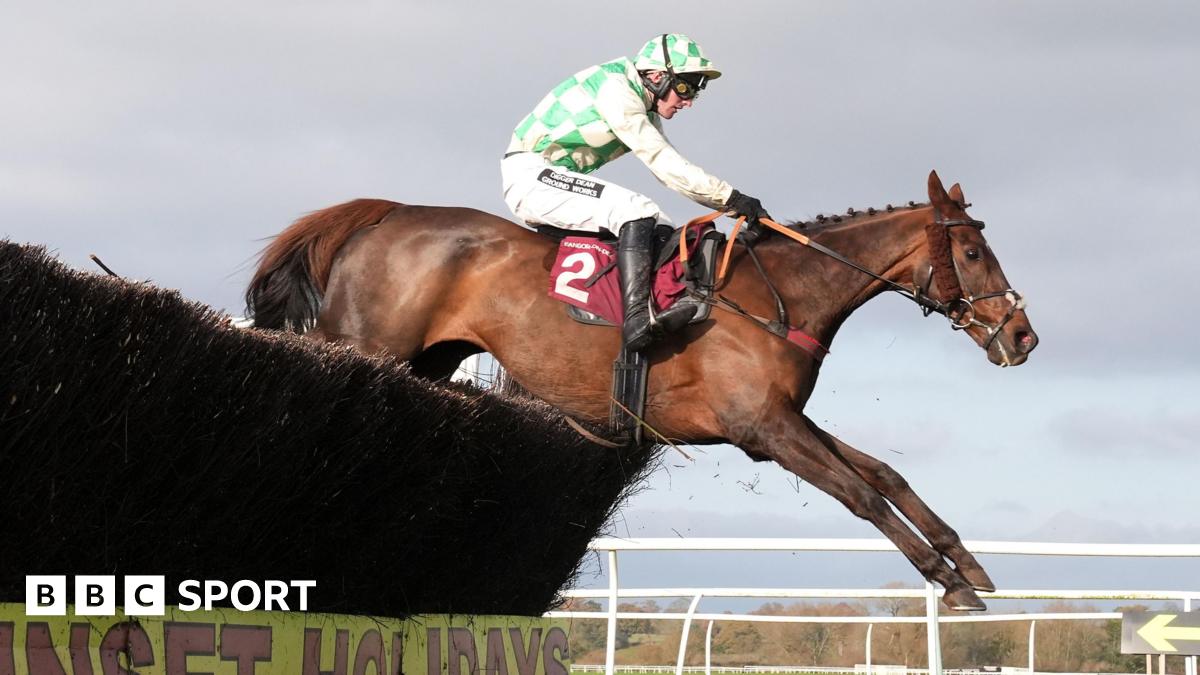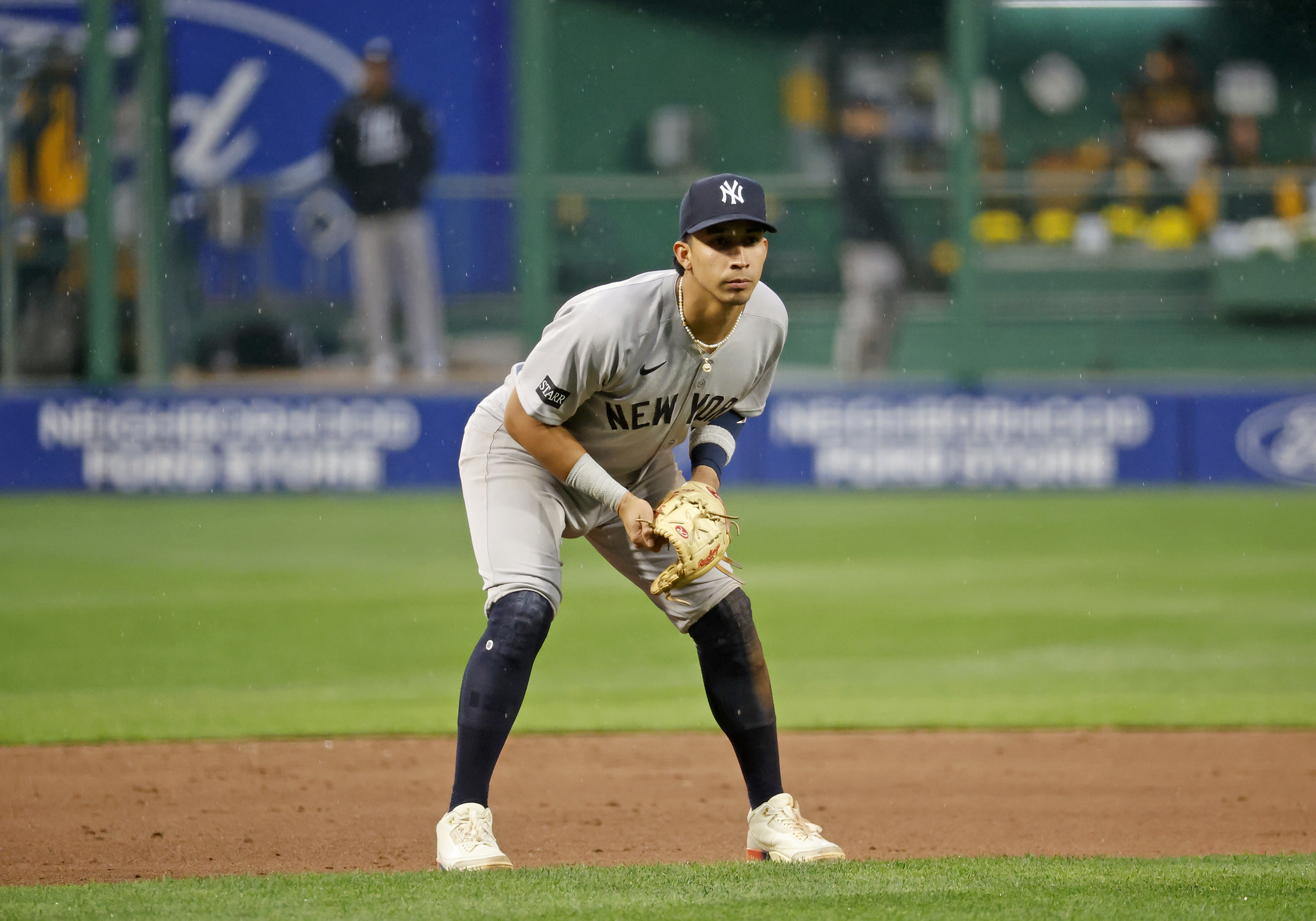Death of Racehorse Celebre D'Allen Sparks Controversy and Calls for Reform in Horse Racing

The horse Celebre D'Allen tragically developed pleuropneumonia, a serious bacterial respiratory infection, shortly after competing in one of the most prestigious horse races in the United Kingdom. This condition ultimately resulted in the onset of sepsis, a severe infection in the bloodstream, which the British Horseracing Authority (BHA) indicated was likely a significant factor leading to the horse's untimely death.
Remarkably, blood tests conducted on the day of the race showed no signs of infection at that time, raising questions about the horse's health status leading up to the event. The BHA has emphasized that the post-mortem examination of Celebre D'Allen is just one component of a comprehensive review process they undertake whenever a fatality occurs in the sport. They are committed to analyzing the circumstances surrounding this incident in detail to ensure transparency and accountability.
Celebre D'Allen was considered a long shot at 125-1 odds in the Grand National, a race famously associated with both excitement and controversy. The event was ultimately won by jockey Patrick Mullins aboard the horse Nick Rockett. However, Mullins himself has found himself in the spotlight for another reason. Following the race, it was reported that he would face an eight-day ban due to a breach of the whip regulations, having used his whip eight times after the final fence, surpassing the permissible limit of seven during jump racing. His suspension will take effect on specific days, including April 23 and April 25.
The death of Celebre D'Allen has sparked considerable outrage among animal rights groups. Animal Rising issued a statement holding the sport of horse racing accountable for the incident, echoing a growing sentiment that the welfare of the horses must be prioritized. Meanwhile, Animal Aid went further, calling it disgraceful to permit a horse of Celebre D'Allen's age to participate in what they labeled as the most grueling race in the country.
In defense of the sport, the BHA noted that there have been 24 horses aged 13 years or older that have competed in the Grand National since 2000, with no fatalities reported prior to this incident. This statistic underscores the rarity of such occurrences, yet the backlash from animal rights advocates continues to press for stricter regulations and reforms within the industry.




























